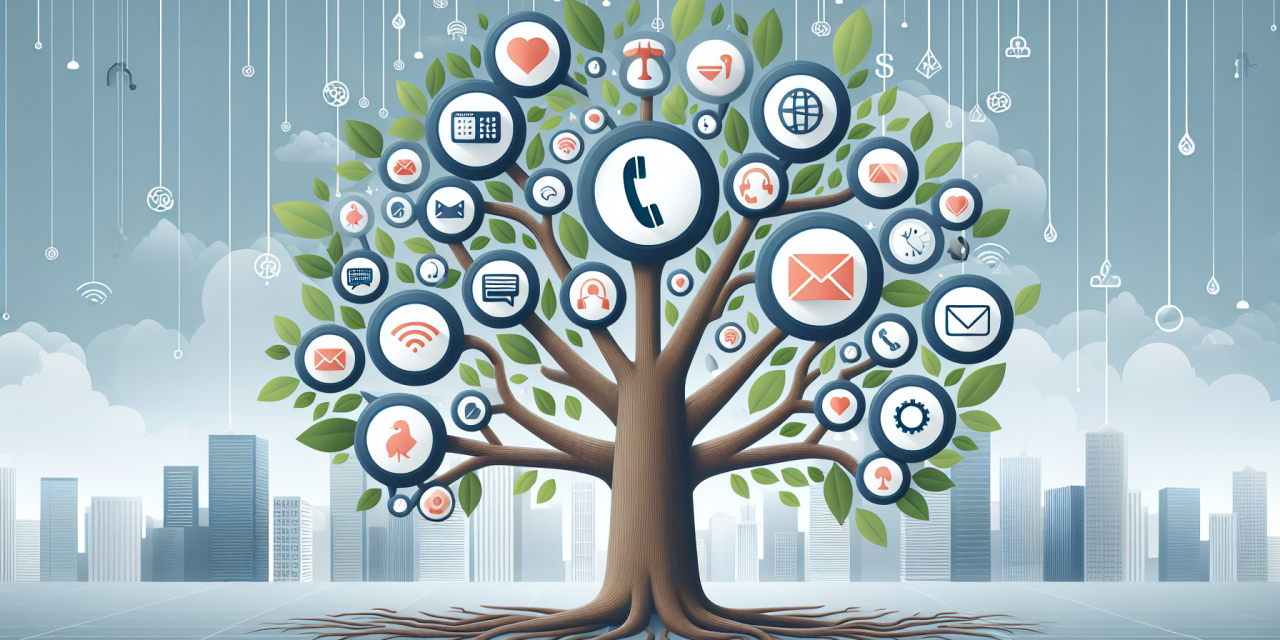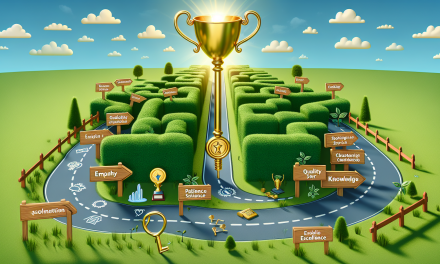Table of Contents
- Introduction
- The Importance of Customer Service
- Key Advanced Customer Service Skills
- Understanding the Customer Journey
- Building Strong Customer Relationships
- Effective Complaint Handling
- Leveraging Technology
- Measuring Customer Service Success
- FAQs
- Conclusion
Introduction
Advanced customer service skills play a pivotal role in achieving business excellence. In today’s competitive landscape, exemplary customer service can distinguish a business from its rivals. Therefore, mastering these skills is not just beneficial; it is essential.
The Importance of Customer Service
Customer service significantly impacts your brand image and customer retention rates. Happy customers are more likely to return while also spreading positive word-of-mouth. Furthermore, businesses that prioritize customer service see improved sales and brand loyalty. Thus, investing in your customer service skills translates directly into financial success.
Improving Customer Loyalty
When businesses focus on customer service excellence, they foster loyalty among their clients. By consistently meeting and exceeding expectations, businesses create a trust that encourages customers to choose them over competitors time and again. This commitment often leads to long-term relationships.
Increasing Revenue
Good customer service can directly influence a company’s bottom line. When you deliver exceptional service, satisfied customers not only return but are also likely to spend more. They might recommend your products or services, thus bringing in new clients.
Key Advanced Customer Service Skills
To excel in customer service, certain advanced skills must be mastered. Here are a few vital skills everyone should develop:
1. Active Listening
Active listening involves truly hearing what the customer says. Instead of merely waiting for your turn to speak, you focus on understanding their requirements and emotions. This level of empathy not only makes customers feel heard but also enhances their overall experience.
2. Effective Communication
The art of conveying information clearly and succinctly is essential. Whether on the phone, in email, or face-to-face, clear communication reduces the potential for misunderstandings. Create an environment where customers can comfortably express their needs and concerns.
3. Problem Solving
When issues arise, your ability to troubleshoot quickly can lead to customer satisfaction. Embrace a solution-oriented mindset, focusing on fixing problems rather than assigning blame. Customers greatly appreciate a quick resolution to their concerns.
4. Empathy
Empathy cultivates a human connection with customers. Understanding their feelings and viewpoints allows you to provide personalized support. Express genuine care for their concerns, and you’ll create lasting loyalty.
Understanding the Customer Journey
The customer journey encapsulates every interaction a customer has with your business. Understanding this journey is essential to providing memorable experiences. Each touchpoint offers opportunities to impress customers and create loyal advocates.
Mapping the Journey
Start by outlining your customer journey. Identify each step, from awareness to purchase and beyond. Consider implementing customer feedback surveys to gain deeper insights into their experiences at every touchpoint.
Personalizing the Experience
Utilize customer data to personalize the experience. Tailor communications and recommendations based on past interactions. By demonstrating that you understand their preferences, you’ll create meaningful connections with your customers.
Building Strong Customer Relationships
Good relationships foster loyalty and trust. A customer who feels valued is more likely to return. Focusing on building these relationships can significantly enhance your customer retention rates.
Follow-Ups
Follow up after transactions or interactions. A simple thank-you message or inquiry about their experience shows that you care about their needs. It strengthens the relationship and often leads to positive feedback.
Customer Engagement
Engaging with customers on various platforms can bolster relationships. Encourage feedback via social media, conduct surveys, and promote discussions. The more your customers interact with you, the more loyal they become.
Effective Complaint Handling
Complaints are often viewed negatively; however, they present a prime opportunity to enhance customer service. Handling complaints effectively can turn a dissatisfied customer into a loyal advocate.
Acknowledging Complaints
Respond to complaints promptly. Show customers that their concerns matter. A simple acknowledgment can defuse tension and make customers feel heard and appreciated.
Solutions-Driven Approach
Guide the customer through the process of resolving their issue. Provide clear steps and options for resolution. This proactive approach reassures customers that you’re committed to their satisfaction.
Leveraging Technology
In today’s digital world, technology can significantly enhance customer service. Utilizing various tools and platforms can streamline processes and improve customer interactions.
Customer Service Software
Implementing specialized software can make tracking customer interactions manageable. Utilize platforms that allow for the centralization of customer data, making it easier to address issues and follow up.
Chatbots and Automation
Chatbots and automated responses can significantly enhance efficiency. By answering common inquiries promptly, you free up your team to handle more complex issues. However, ensure that customers can easily reach a human representative when necessary.
Measuring Customer Service Success
To continuously improve your customer service efforts, measure their effectiveness regularly. Implement key performance indicators (KPIs) to analyze various aspects of your service.
Customer Feedback
Use surveys and review requests to gather direct feedback from customers. This information helps you identify areas that require improvement and reinforces practices that customers appreciate.
Net Promoter Score (NPS)
The Net Promoter Score provides insight into customer loyalty. Measuring your NPS can help gauge how likely customers are to recommend your business. It’s a valuable metric that highlights your customer service effectiveness.
FAQs
What role does active listening play in customer service?
Active listening is crucial as it enables representatives to truly understand the customer’s needs, leading to more effective solutions and a better overall experience.
How can technology enhance customer service?
Technology can simplify communication, track customer interactions, and automate responses, allowing teams to provide quicker and more efficient service.
How do follow-ups affect customer loyalty?
Follow-ups show customers that their experience is valued. This recognition often leads to improved loyalty and increased likelihood of repeat business.
Conclusion
Mastering advanced customer service skills is a journey that pays dividends in business excellence. By focusing on active listening, effective communication, and using technology wisely, your business not only meets but exceeds customer expectations. For additional insights, be sure to explore Advanced Customer Service Excellence: Mastery Skills for Business and discover various strategies for enhancing customer satisfaction, such as Unlocking the Secrets to Customer Satisfaction and Loyalty, The Ultimate Guide to Achieving Customer Service Excellence, A Comprehensive Guide to Implementing and Managing a Customer Complaints System, Creating a Customer-Centric Organization Beyond Traditional Customer Service, and Strategies for Providing Quality Service. Prioritize these skills and strategies to truly master customer service and propel your business to new heights.





